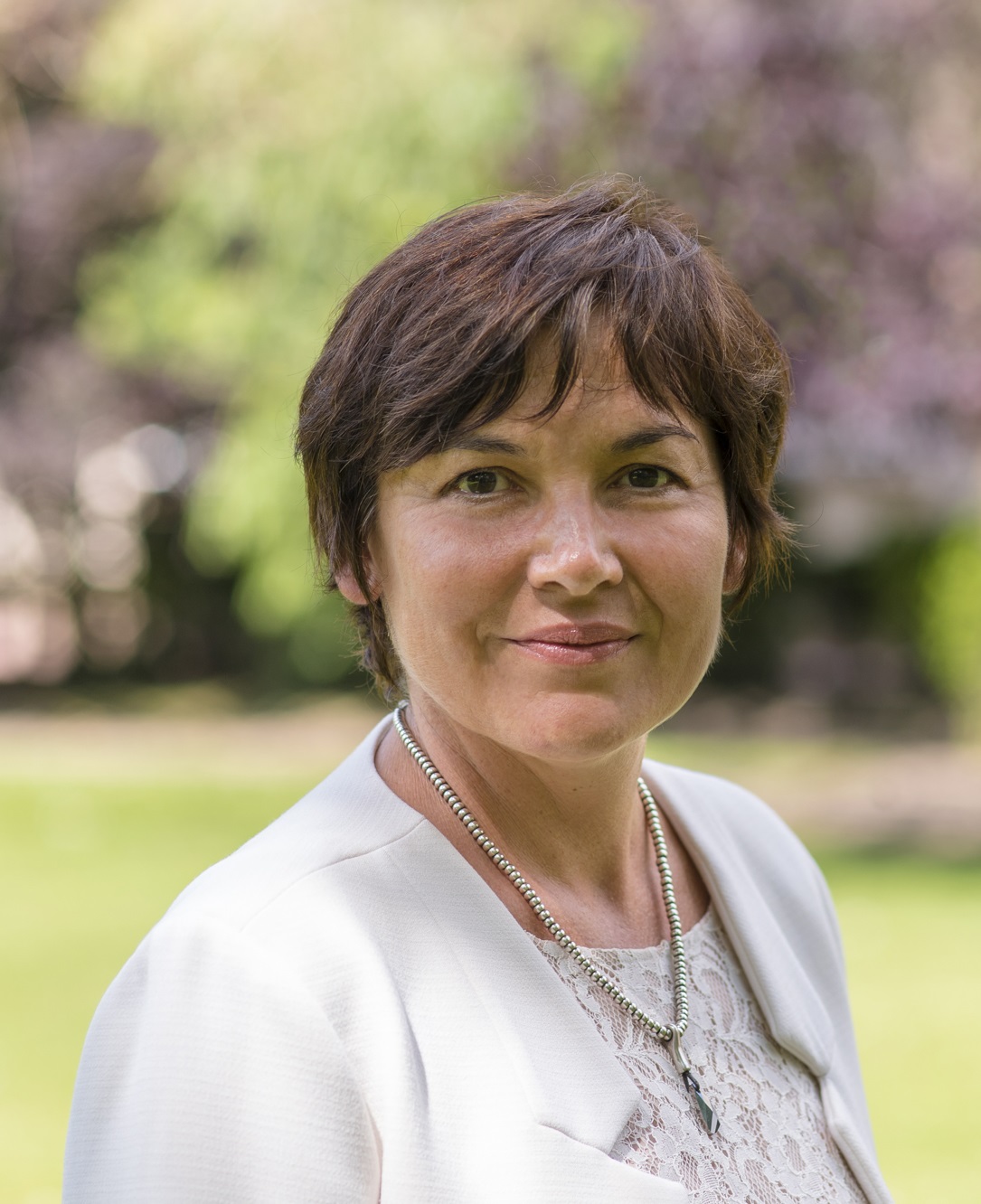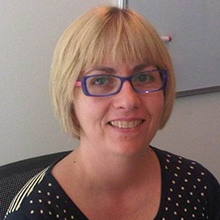The Ocean Approved label, a sustainability label at the crossroads of climate and biodiversity issues
The Fondation de la Mer, in partnership with Bureau Veritas, and in conjunction with the French Ministry of the Sea, is launching “OCEAN APPROVED ®”, the first international label dedicated to the preservation of the Ocean.
The OCEAN APPROVED® label identifies and brings together all organizations (companies, local authorities) that are committed to reducing their impact on the Ocean beyond mere compliance with current regulations.
The OCEAN APPROVED® label is based on the Ocean Reference Framework of the Fondation de la Mer, which is aimed at all types of companies, both large and small, and is based on a holistic consideration of the company’s potential direct and indirect impacts:
- Pollution, acidification and global changes of the marine environment
- Exploitation of marine and coastal resources
- Corporate governance and strategy
The label is based on the UN Sustainable Development Goal 14 related to aquatic life, and is based on the interdependence of the SDGs (13, climate, 6, water, 12, responsible consumption and production, 3, health, etc.).
The OCEAN APPROVED® label recognizes the company’s commitment and makes it visible to all its local and international stakeholders: customers, distributors, suppliers, partners, employees, regulators, financiers and investors.
The Ocean Approved label has been referenced as a Non-State Actors’ Action on SDG14 (France’s 2030 Agenda roadmap).
In order to meet the expectations of companies, the Fondation de la Mer has built a network of Ocean Approved consultants who can help companies to learn about the Ocean Reference Framework and to obtain the Ocean Approved label.
The Ocean Standard, the heart of the Ocean Approved label
To support companies in preserving and sustainably exploiting the ocean’s resources, the Fondation de la Mer has developed the Ocean Reference Framework in conjunction with the French Ministry of Ecological Transition and the Boston Consulting Group. Some twenty companies from a variety of sectors use the Ocean Reference Framework: fishing and shipping, construction, digital, cosmetics, textiles, tourism, etc.
A world first, this tool enables companies of all sizes and in all sectors to take on board SDG 14 by evaluating their interactions with the Ocean. The Reference Guide identifies 10 types of impact of companies on the Ocean, broken down into 44 action levers and as many operational indicators that can be used by the company, thus covering all the targets of SDG14. For each indicator, the company can set objectives to be achieved, depending on the materiality of the issues, its geographical location or its strategy.
The Ocean Benchmark was approved as an SDG Good Practice by experts from the UN Department of Economic and Social Affairs in June 2021. The results are available here: United Nations, Department of Economic and Social Affairs, Sustainable Development.


